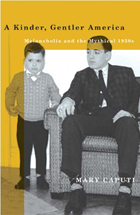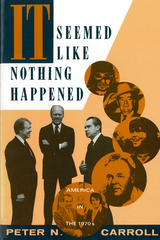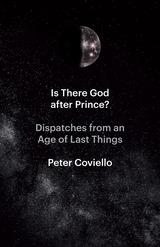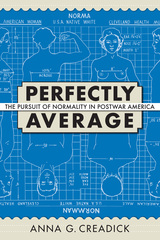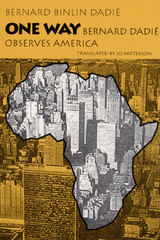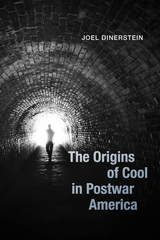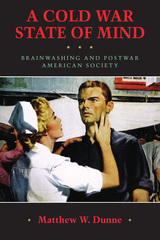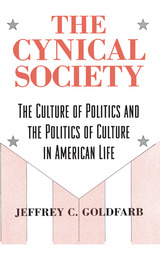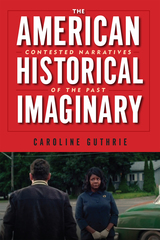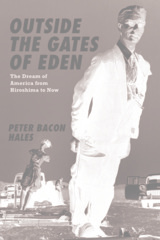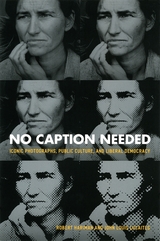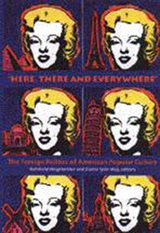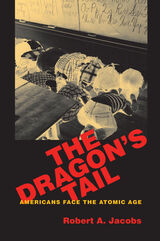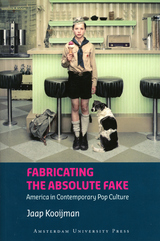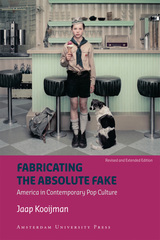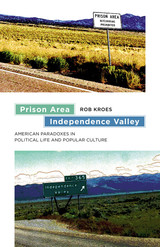The Contours of America’s Cold War
University of Minnesota Press, 2010
Paper: 978-0-8166-4843-6 | Cloth: 978-0-8166-4842-9
Library of Congress Classification E169.12.F37 2010
Dewey Decimal Classification 973.918
Paper: 978-0-8166-4843-6 | Cloth: 978-0-8166-4842-9
Library of Congress Classification E169.12.F37 2010
Dewey Decimal Classification 973.918
ABOUT THIS BOOK | AUTHOR BIOGRAPHY | REVIEWS | TOC
ABOUT THIS BOOK
Geographic knowledge generated for the Cold War was a form of power, Farish argues, and it was given an urgency in the panels, advisory boards, and study groups established to address the challenges of an atomic world. He investigates how the scales of the city, the continent, the region, the globe, and, by extension, outer space, were brought together as strategic spaces, categories that provided a cartographic orientation for the Cold War and influenced military deployments, diplomacy, espionage, and finance.
Farish analyzes the surprising range of knowledge production involved in the project of claiming and classifying American space. Backed by military and intelligence funding, physicists and policy makers, soldiers and social scientists came together to study and shape the United States and its place in a divided world.
In The Contours of America's Cold War, Matthew Farish explores new ways of conceptualizing space as part of post-World War II American militarism. He demonstrates how the social sciences were militarized in the early Cold War period, producing spatial knowledge that was of immediate use to the state as it sought to expand its reach across the globe.
Geographic knowledge generated for the Cold War was a form of power, Farish argues, and it was given an urgency in the panels, advisory boards, and study groups established to address the challenges of an atomic world. He investigates how the scales of the city, the continent, the region, the globe, and, by extension, outer space, were brought together as strategic spaces, categories that provided a cartographic orientation for the Cold War and influenced military deployments, diplomacy, espionage, and finance.
Farish analyzes the surprising range of knowledge production involved in the project of claiming and classifying American space. Backed by military and intelligence funding, physicists and policy makers, soldiers and social scientists came together to study and shape the United States and its place in a divided world.
See other books on: Atomic bomb | Cold War | Contours | Nuclear warfare | War and society
See other titles from University of Minnesota Press



